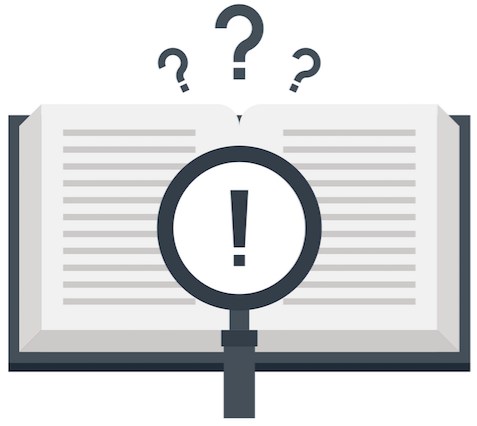
The AP English Comp terms you do and don’t need to know, condensed
I realized after posting yesterday that I had buried the most practical information in the middle of what became a much longer-than-intended meditation/diatribe, so I’m re-posting the key information here in condensed form.
To sum up: since 2014, the AP English Language and Composition exam has NOT included questions directly testing knowledge of high-level rhetorical figures. So you know those questions that directly ask you to identify whether a particular set of lines includes, for example, oxymoron, antithesis, or syncope? They’re gone. (You may, however, see questions testing less technical terms, e.g., abstract language.)
But please note: if you are studying from exams administered before 2014, you may indeed see these terms.
For a description of the College Board’s revised stance on rhetorical terminology, see the 2014 Course Description, p. 2021. (more…)
